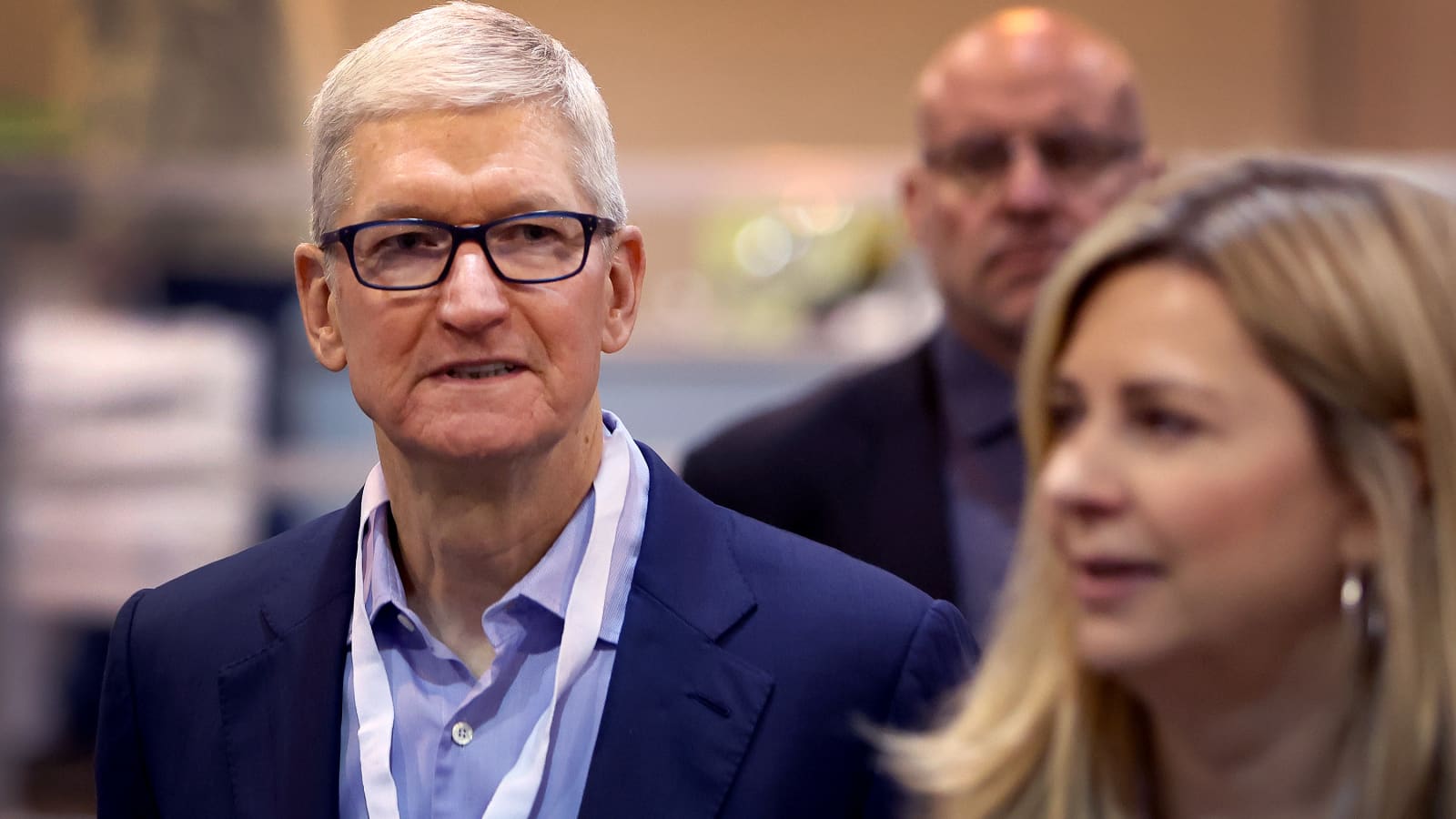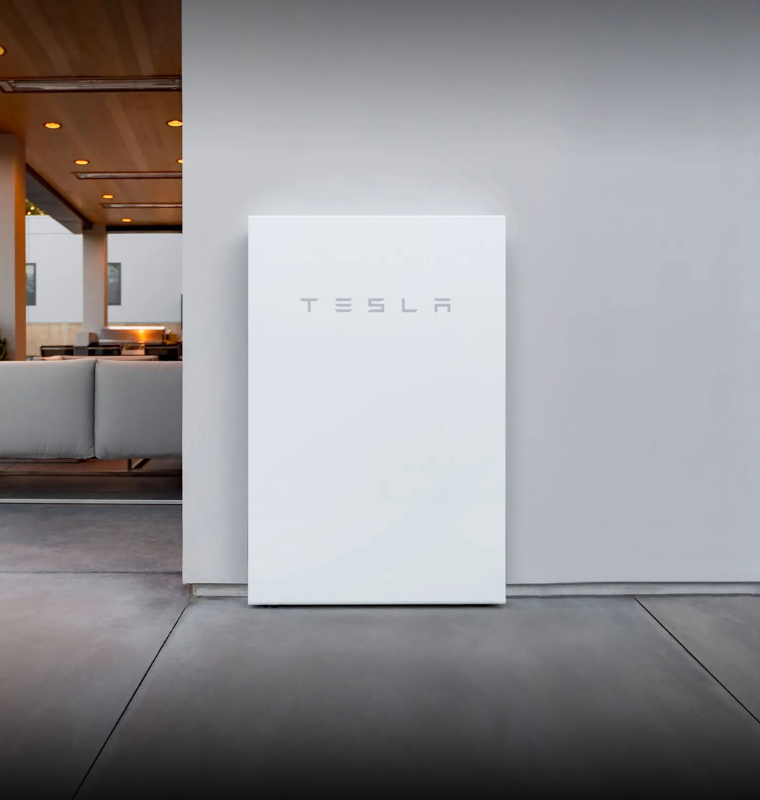Google Sparks Historic Week for Tech Giants as Market Cap Soars to $21 Trillion
Google Sparks Historic Week for Tech Giants as Market Cap Soars to $21 Trillion
By
Leah Rosenfeld
Last updated:
September 6, 2025
First Published:
September 6, 2025

Getty Images
Tech’s Record-Breaking Surge
The U.S. tech sector just wrapped up one of its most powerful weeks in history, with the eight trillion-dollar companies adding a staggering $420 billion in market value. Together, they now command a combined $21 trillion market cap, representing more than 36% of the S&P 500—a level analysts describe as unprecedented.
The rally was fueled by major legal and business developments. Alphabet and Apple surged following a favorable ruling in Google’s antitrust case, while Broadcom soared after landing a $10 billion AI chip deal. Even Tesla managed to rally despite a tough year, thanks to a bold new pay plan for CEO Elon Musk.
Alphabet and Apple Ride Antitrust Relief
Alphabet’s stock jumped 9% on Wednesday and more than 10% for the week after a U.S. District Court ruling spared Google from the harshest remedies in its long-running antitrust battle. Judge Amit Mehta ruled that Google would not be forced to divest its Chrome browser but instead must share certain search data with competitors.
The decision reassured investors, particularly because it preserved Google’s lucrative arrangement with Apple, which receives billions annually to keep Google as the default search engine on iPhones. Apple’s shares rose 3.2% for the week, helping lift the Nasdaq by 1.1% overall.
Wedbush Securities analysts called the ruling a removal of a “black cloud worry” that had hovered over both companies. They added that it clears the path for future AI collaborations, especially involving Google’s Gemini models.
Broadcom Joins the Trillion-Dollar Club
Broadcom delivered one of the biggest surprises of the week. The semiconductor giant reported strong earnings and revealed a $10 billion contract with a new AI customer. Analysts believe that customer is OpenAI, though neither company has confirmed.
The news drove Broadcom shares up 13%, pushing its market cap to $1.6 trillion and officially placing it in the trillion-dollar league. The company already supplies AI chips to Google, Meta, and TikTok parent ByteDance, making it a central player in the global AI supply chain.
Barclays analysts praised the results, noting that Broadcom is “firing on all cylinders” with a clear pipeline of growth and a strong backlog.
Nvidia and Microsoft Cool Off
Not all tech giants shared in the gains. Nvidia, despite being the world’s largest company with a $4 trillion market cap, fell more than 4% this week, marking its fourth straight week of declines. Still, the stock remains up 56% over the past 12 months.
Microsoft also slipped, extending its losing streak to five consecutive weeks. Yet shares are still up 21% year-over-year, reflecting continued investor confidence in its long-term AI strategy.
Tesla’s Pay Plan Sparks Rally
Tesla, which has struggled this year with a 13% drop amid slowing sales and intensifying competition, found new momentum after unveiling a massive pay package proposal for Elon Musk. The plan, valued at up to $1 trillion, would unlock in 12 stages based on Tesla’s market growth, with the first milestone requiring the company to nearly double its valuation to $2 trillion.
Shares climbed 5% for the week, giving investors renewed hope that Tesla can stage a turnaround. Tesla Chairwoman Robyn Denholm defended the package, saying it was essential to keep Musk focused and committed to the company’s future.
A Market Unlike Any Other
Howard Silverblatt, senior index analyst at S&P Dow Jones Indices, underscored the extraordinary concentration of power in tech stocks. With the top eight firms now controlling more than one-third of the S&P 500, he noted bluntly: “There are no comparisons.”
Between courtroom victories, billion-dollar deals, and high-stakes leadership incentives, tech megacaps are reshaping not just markets, but the broader global economy. And with AI at the center of nearly every major development, the momentum shows no signs of slowing down.
Popular articles
Subscribe to unlock premium content
The Rise of Silent Walking Tours in Historic Cities

The Rise of Ultra-Niche Cooking Classes Focused on Historical or Regional Recipes

The Rise of One-Person Dining Experiences for Ultra-Introverts in Major Cities

The Rise of Silent Walking Tours in Historic Cities

The Rise of Ultra-Niche Cooking Classes Focused on Historical or Regional Recipes

The Rise of Silent Walking Tours in Historic Cities









